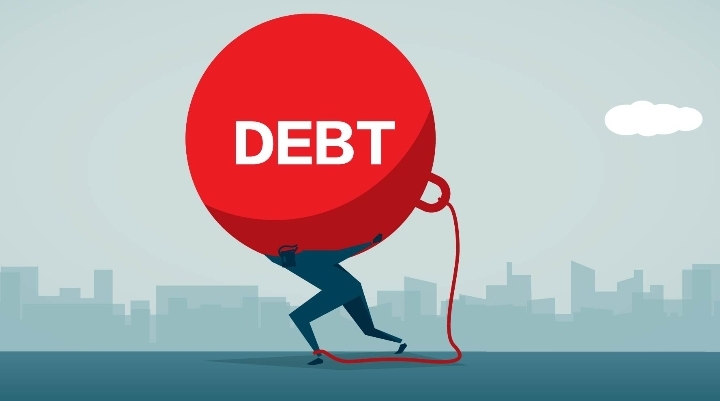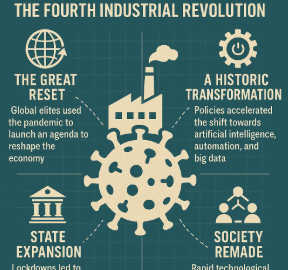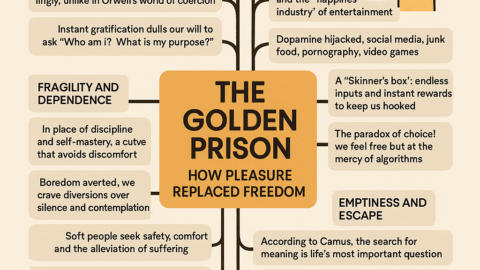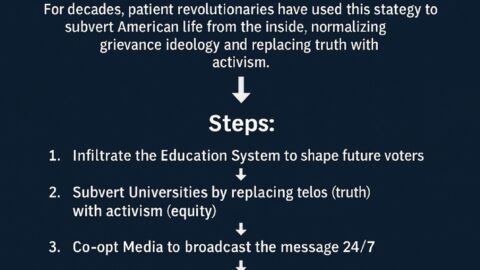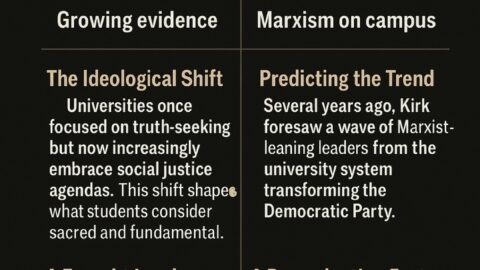The more people are in debt and as money gets scarce they are apt to do unethical and immoral acts.

Touching on a significant socio-economic issue where financial stress and scarcity can indeed drive people to act in ways they might not otherwise consider.
Here’s an exploration of how debt and financial scarcity can lead to unethical and immoral behavior:
Desperation and Survival:
- Survival Instincts: When people are deeply in debt or struggling financially, their focus often shifts to survival. Desperation can push individuals to take drastic measures, such as stealing, fraud, or engaging in illegal activities, just to meet basic needs or pay off debts.
- Moral Compromise: The stress of debt can lead to moral compromises, where individuals justify unethical behavior because they feel they have no other choice. For example, someone might lie or cheat to secure a job or financial assistance.
Increased Temptation:
- Easy Money: Financial scarcity may make unethical opportunities, like participating in scams or engaging in risky, illegal ventures, more tempting. The lure of quick, easy money can override moral considerations, especially when debt creates a sense of urgency.
- Exploitation: People in debt are often more vulnerable to exploitation. They may be tempted to engage in unethical work environments or participate in activities that exploit others in order to alleviate their own financial burdens.
Mental and Emotional Strain:
- Cognitive Burden: Debt and financial scarcity can create a cognitive load, where the constant worry about money overwhelms decision-making abilities. This can lead to poor choices, including unethical ones, as the ability to think long-term is impaired by immediate financial pressures.
- Stress-Induced Behavior: Chronic stress from financial insecurity can lead to impulsive behavior, reduced empathy, and a focus on self-preservation, all of which can contribute to unethical actions.
Social and Systemic Pressures:
- Keeping Up Appearances: In societies where social status and success are measured by wealth, financial scarcity can lead individuals to engage in unethical practices to maintain appearances. This might include fraud, deception, or even criminal activities.
- Debt Culture: In environments where debt is normalized, there may be a societal acceptance of unethical behavior as a means to manage or escape debt. This can perpetuate cycles of immorality as people see others engaging in these acts without apparent consequence.
Institutional Failures:
- Lack of Support: When financial systems fail to provide adequate support for those in debt, individuals may feel abandoned by society, leading to a breakdown in their moral and ethical frameworks. Without a safety net, unethical behavior can become a perceived necessity.
- Predatory Practices: Institutions that profit from debt, such as payday lenders or credit companies with exorbitant interest rates, can exacerbate the problem. People may resort to unethical actions to escape these predatory practices.
Long-Term Consequences:
- Perpetuating Poverty: Unethical actions taken to escape debt often have long-term consequences, such as legal issues, damaged reputations, or further financial penalties, which can trap individuals in a cycle of poverty and immoral behavior.
- Erosion of Moral Values: Over time, as more people engage in unethical behavior due to financial stress, there can be a broader societal erosion of moral values. What was once considered unacceptable may become normalized, leading to a decline in overall ethical standards.

Impact on Relationships:
- Family Strain: Financial stress can lead to conflicts within families, sometimes resulting in unethical behavior like deceit or theft among family members. The pressure to provide or maintain a certain standard of living can lead to desperate acts that damage relationships.
- Community Impact: As financial scarcity spreads within a community, collective moral standards can degrade. The normalization of unethical behavior within a community can lead to a breakdown in trust and social cohesion.
Potential for Reform:
- Ethical Interventions: Addressing the root causes of debt and financial scarcity through policy reform, financial education, and support systems can help mitigate the drive towards unethical behavior. By providing people with viable, ethical options for managing their finances, the pressure to act immorally can be reduced.
- Cultural Shift: Encouraging a cultural shift away from materialism and towards values that emphasize community, empathy, and ethical behavior can help combat the negative effects of financial scarcity.
In conclusion, while debt and financial scarcity can indeed push people toward unethical and immoral acts, addressing these issues requires a multi-faceted approach that includes both individual support and systemic change. By creating environments where financial stress is alleviated and ethical behavior is rewarded, societies can help prevent the moral erosion that often accompanies financial desperation.

